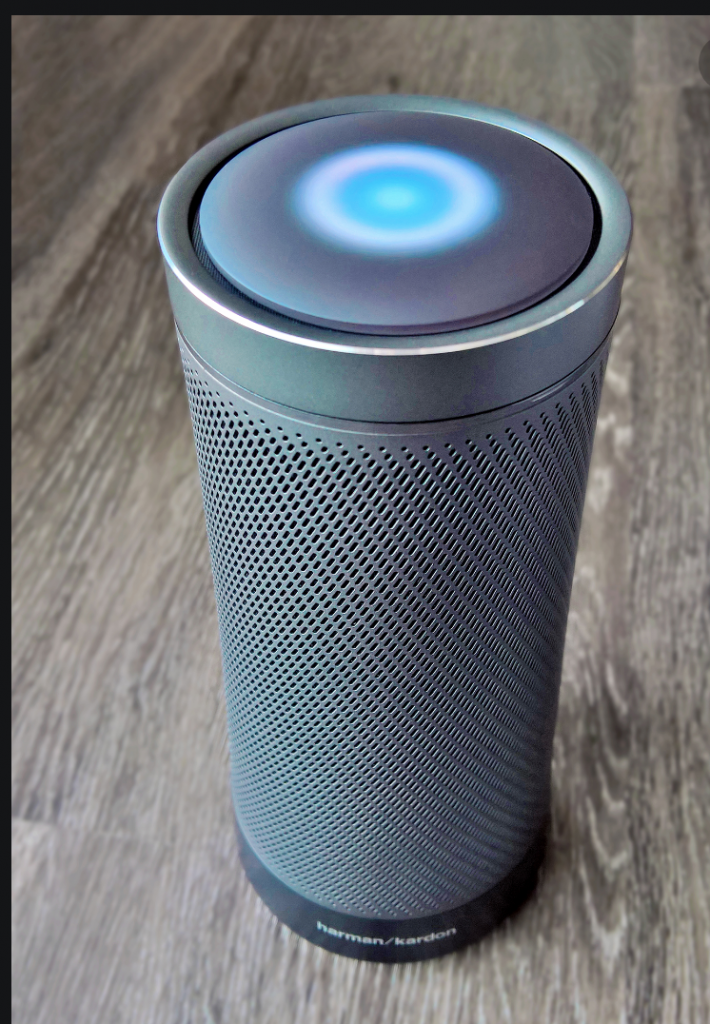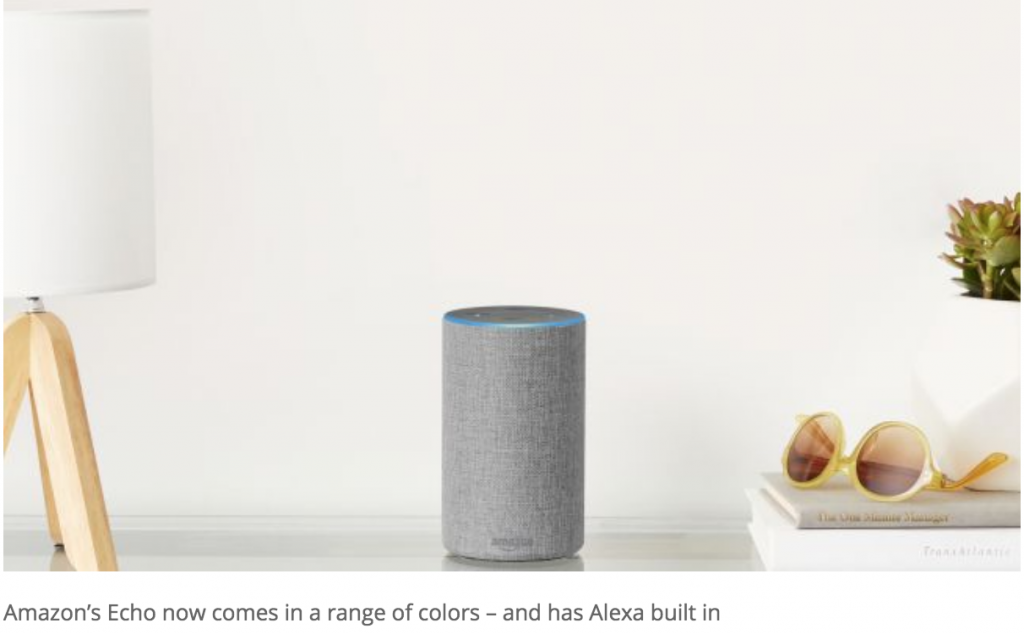
Cortana is one of the AI assistants being used now, but will it look like a robotic human being in the future?
Future AI Assistants May Be Redesigned as Responsive Robots or Pets
In the year 2030, what do you think Alexa, or Siri or Echo will be like? They may become robot assistants. Or they may be built with faces or act like pets. Their designers are considering a host of possibilities right now.
According to the latest statistics, more than 66.4 million people in the U.S.–26.2% of the total population–owns a smart speaker. Similar stats in the UK suggest they’re nearly as popular there, with more than 22% of households reportedly now kitted out with a voice-activated device.
A techradar.com story describes the ideas being kicked around by Google, Amazon, and the rest of the tech heavyweights. According to the latest data from Juniper Research, as reported by TechCrunch, voice-activated tech is likely to increase over the coming years. It’s quickly becoming one of the top ways we now search online. Voice features and assistants are being added to our phones, smart TVs, fitness trackers and even our cars. This is no surprise. Using your voice rather than relying on a screen, or other interface, is quick and convenient. But many people have concerns about privacy and the likelihood that these assistants are in listen mode all the time.
Also all of your data from these assistants is being collected, analyzed and then used by some company trying to make a buck off of you.

“Switching from traditional screen interfaces to voice interfaces is a logical move,” Dor Skuler, CEO and co-founder of Intuition Robotics, tells TechRadar. “It allows for a greater variety of third party skills to be employed, it keeps people present during interactions, and it’s a much more accessible form of interaction for many users who have certain visual or physical impairments or have a difficult time utilizing computers and phones.”
Advances in the technology are being made almost monthly. For instance, last year the AI assistant gained a “memory” feature, allowing Alexa to remember important dates, as well as “context carry over,” which means you can ask Alexa one question followed by another. Also, an inventor recently filed a patent that will allow Alexa to respond to commands without needed a “wake” word, like saying “Alexa.” So far the companies have received little pushback from consumers worrying about the speakers’ constant listening.
So whether the future AI assistants are mobile, like robots, and are programmed to be more like companions, or whether they are turned into adorable furry pets to interact with really depends on how helpful and how trouble-free they remain.
read more at techradar.com







Leave A Comment